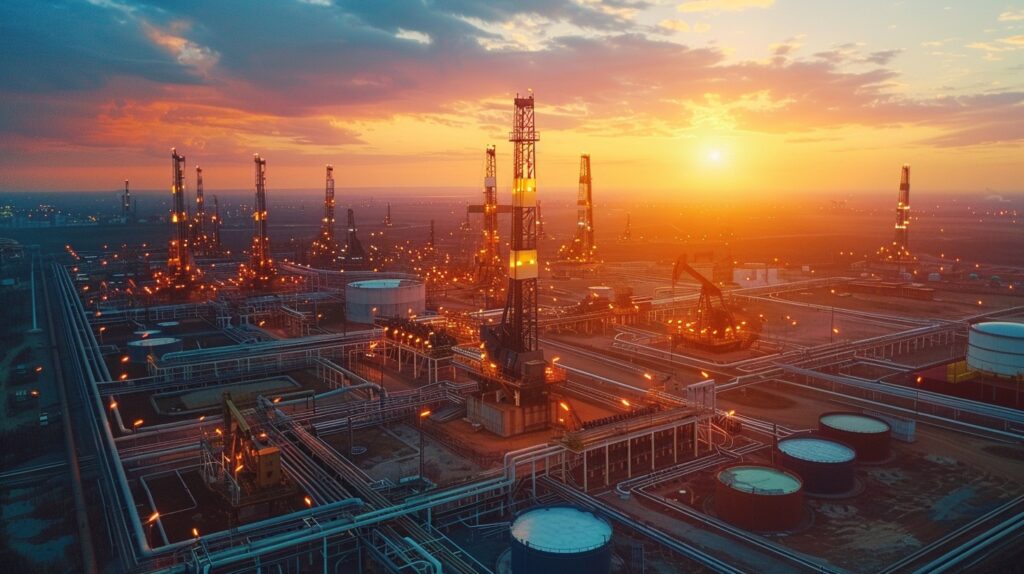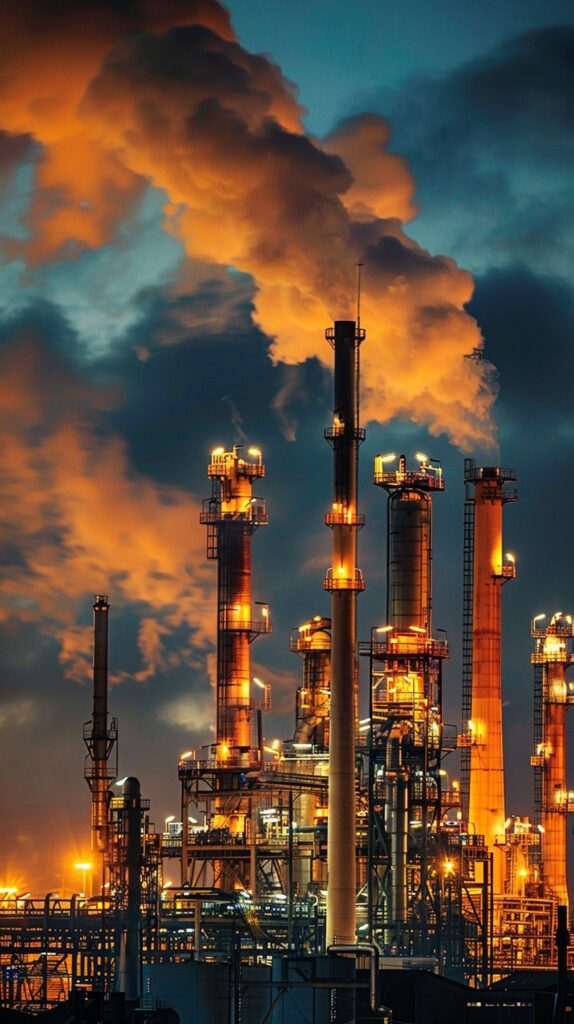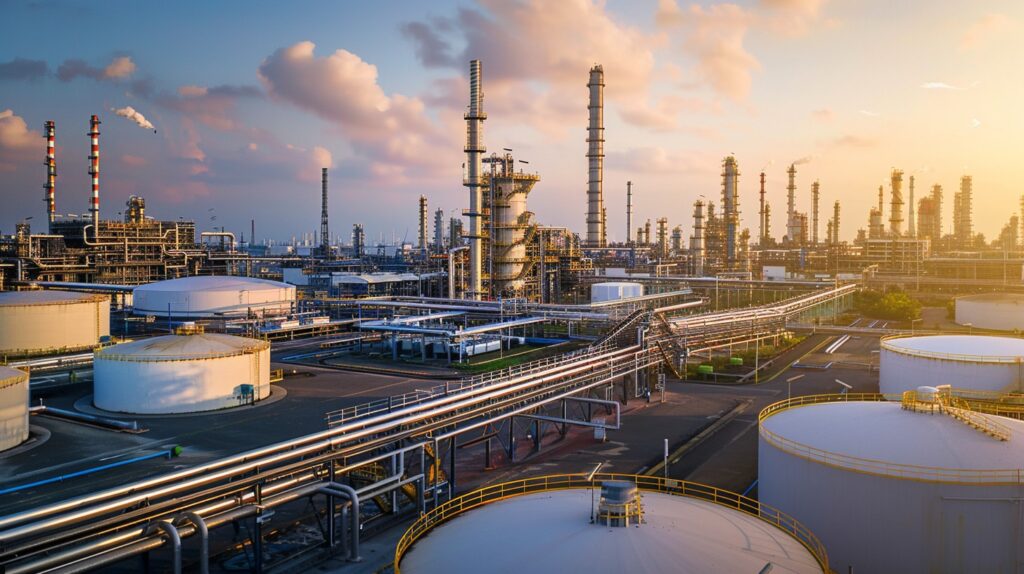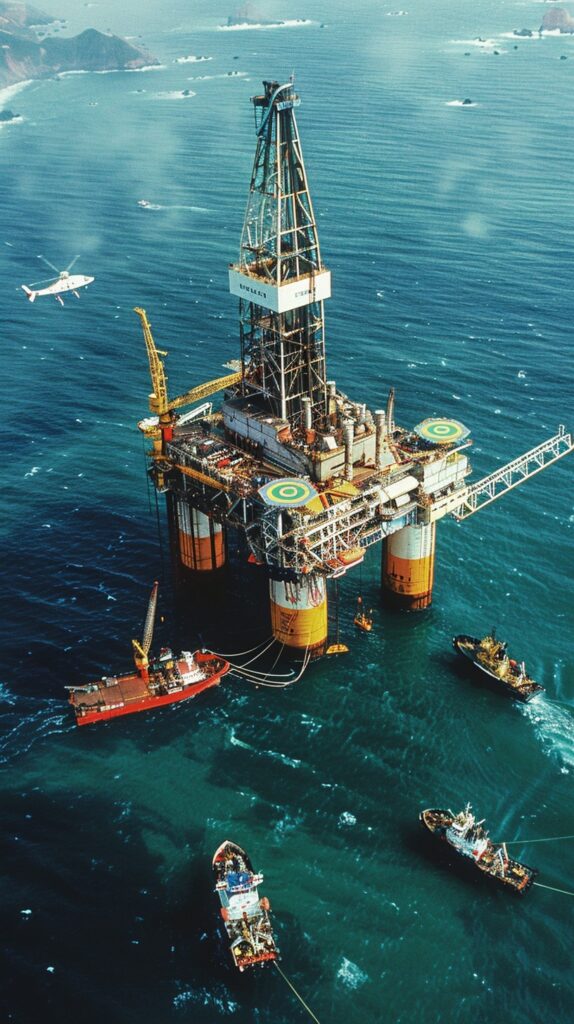
Experts consider the turning point of human history to be the industrial revolution, the same time when the production wheel of industrial factories in England, using a fossil fuel, caused a huge transformation in the world’s economic system, and coal was called the driving force for the production and distribution of goods in the world. But in the mid-1950s, another fossil fuel with very high capabilities compared to coal entered the world’s economic system and became the dominant source of energy in the world. The scope of oil rule in economic history continues until the 21st century and always plays a decisive role in the political relations of the world. The products of this material are the cornerstone of modern society, providing energy for various industries, heating homes and most importantly, transportation of goods and people. In developed economies such as the UK, currently 97% of the transport sector’s demand is covered by oil resources. According to experts, the share of oil in the world’s transportation is such that it can be safely said that almost 100% of the resources needed in this sector are provided by oil and gas.

If coal drove the machine of the industrial revolution, oil provided fuel for internal combustion and could open the human foot to the sky. Perhaps it is not wrong to call the unlimited title about the possibilities and capabilities that oil has provided to mankind in the 21st century. Travel to the moon and space exploration, production of various products for human life from cosmetics to data recording CDs!, motorcycle helmets to aspirin tablets (derived from petrochemical products), chemical fertilizers and tractors to increase plant growth and production. Cheaper food to seeing various colors and types of products made from plastic… all of them have been made possible by the exploration and refining of oil.
Oil has changed history and economy. Over the past 100 years, oil has been the cause of huge economic shocks and even wars. This volume of products derived from this material has made the various industries of the world largely dependent on this valuable material, and oil plays a key role in the world’s economic system. On the one hand, countries with oil resources have largely relied on the export of this substance for their economic system, on the other hand, the economy of importing countries has also been affected by oil price fluctuations. If we want to scrutinize the oil market, it can be seen that besides the fact that the price determination in the market of this product is based on the usual supply and demand in economic texts, it is also affected by the policies of the countries. At first glance, it seems that despite the high demand in the world for this substance, it is the amount of supply that determines the global price of oil, but except for the short periods when this happened, other relationships are involved in determining the price of oil.






